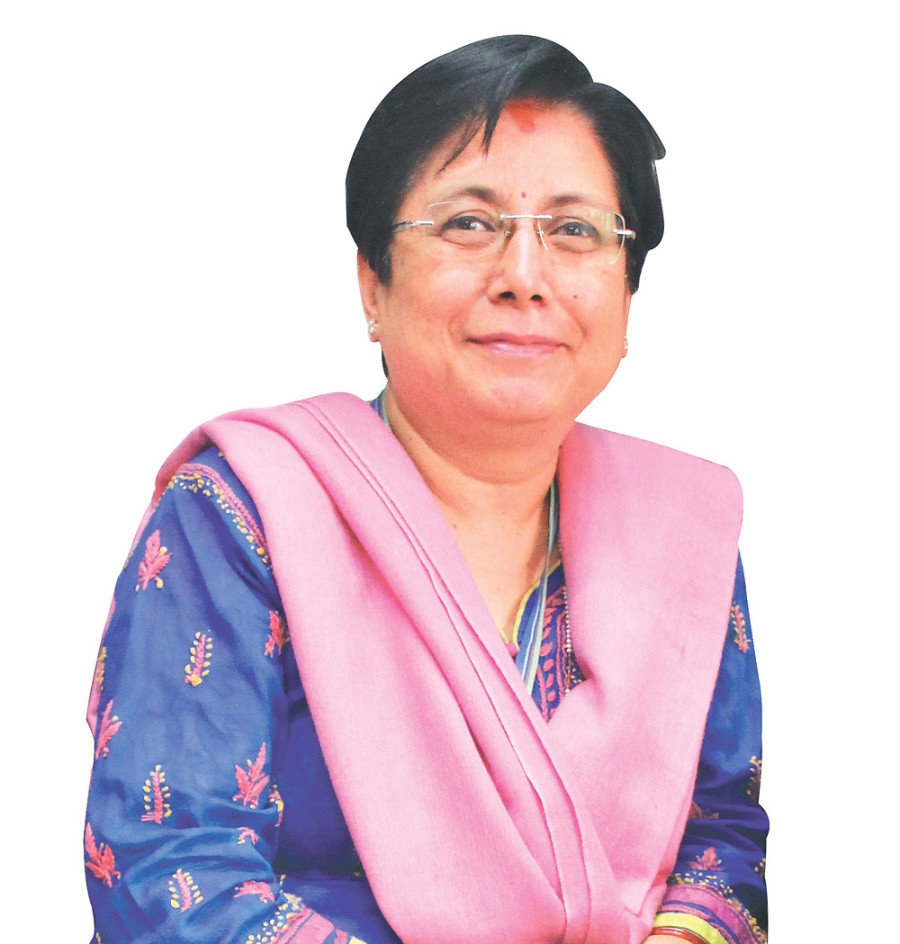Entertainment
Hire the right people for the right roles
Bina Rana started her career 25 years ago at the Grindlays Bank, which is now the Standard Chartered Bank (SCB).
Bina Rana started her career 25 years ago at the Grindlays Bank, which is now the Standard Chartered Bank (SCB). For the past six years, she has served as the Head of Human Resources at SCB. In this interview with the Post’s Alisha Sijapati, Rana talks about hiring and why it is essential to hire the right people for the right roles. Excerpts:
You have been working for the SCB for past 25 years, how was the selection procedure when you joined and how different is the process now?
I started my job at the assistant /clerical level. Of course, as an entrant, I had to go through a written test—which was a norm at the time. It was only after you passed the written part that you became eligible for an interview.
Back then the procedures were simple and not many documents were needed but now times are changing. It is mandatory that we check a candidate’s background thoroughly—their criminal record, character certificate, bank document and if they have been publicised in the media in a wrong light. Currently, because everyone uses internet, all the job postings are done online on the website and the test can also be given there. After that shortlisted candidates are called for interviews.
What is the foremost quality you look for in a candidate while hiring?
The foremost quality I look in for in a candidate is if the person is really suitable for the position. The depth of their knowledge and the level of confidence is also important. A person’s intelligence and common sense are imperative as well. In terms of the candidates appearance, it is essential that they dress smart. During the selection, the body language and the way they express themselves also provide significant clues about the person. At the Standard Chartered Bank, the hiring procedure is multi-layered. Along with the HR department, the other department heads also work closely while hiring the right candidate. It is essential to take note of their perspectives too. It is very critical that we hire the right people for right roles. If we slip at the beginning, the disengagement begins from right there.
How do you value an MBA degree earned from a Nepali business school?
Personally speaking, a person’s work experience is more important for me than the degree. I don’t know about other places but Standard Chartered Bank looks at the candidates’ attributes and experiences more so than their qualifications. The Nepali education system has drastically improved in the past and we get more applicants from aspirants who have graduated in the country itself. Also, as the bank operates in Nepal, I feel candidates who have studied in Nepal have more local knowledge and ideas about the system here. About 80 to 85 percent of employees working at SCB have obtained their Masters in Nepal itself. They are at par, if not better, with the employees who have qualifications from abroad.
Hypothetically, if you had two candidates applying for the same job but one has a Nepali Masters’ degree and the other has an degree from abroad, which would you prefer?
To be honest, it doesn’t matter if you have a Nepali degree or a degree from abroad; it is the experience that matters the most. For instance, if a person has 10 years of experience and just has a Bachelors degree, it is as equal to a Masters’ applicant and we would hire the person at the same level. At the end of the day, it’s the passion, confidence and work ethics that matter. I really don’t see a distinct difference between the education level abroad and here. At least when it comes to business school, the gulf is steadily decreasing.




 6.01°C Kathmandu
6.01°C Kathmandu









